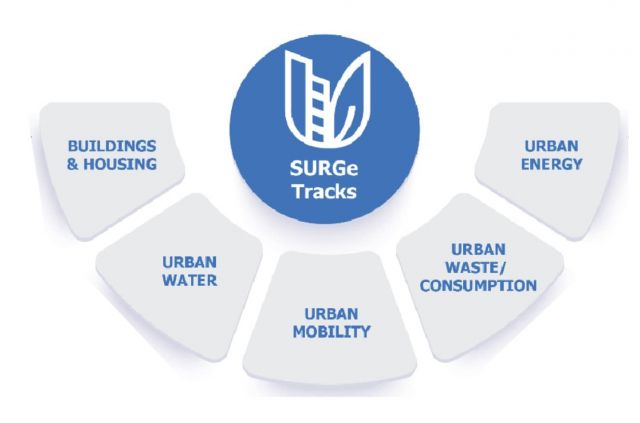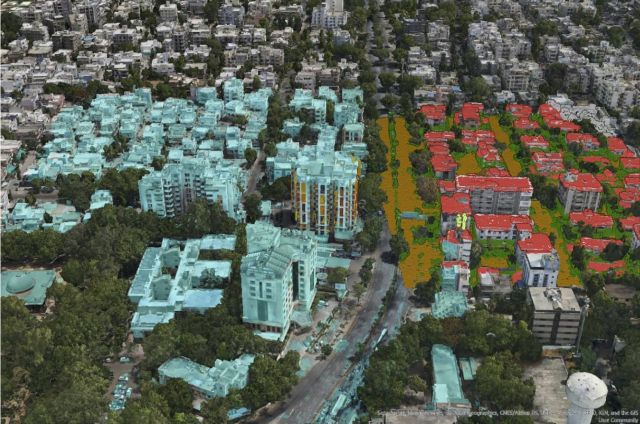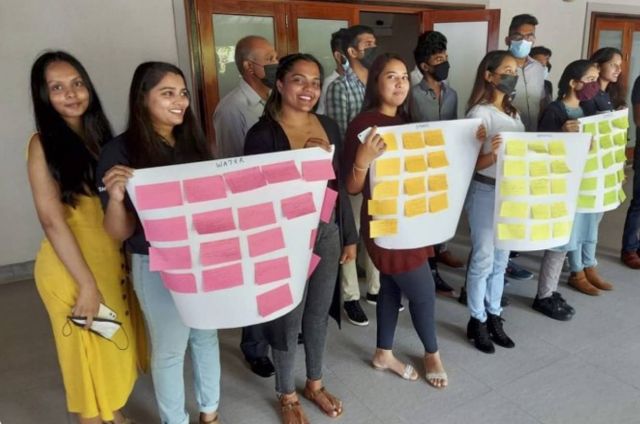
www.buildingsandcities.org/insights/news/cop27-expectations.html
COP27 Expectations

For COP27, Buildings & Cities presents a series of short, learned commentaries from the built environment community that are primarily aimed at policy makers. These essays reveal the diversity of issues that need to be embraced and, most importantly, point to constructive approaches to climate action.
The range of topics goes from overarching issues (e.g. overconsumption, multilevel governance, intergenerational equity, climate justice, nature-based solutions - to mention only a few) to more specific issues at the levels of cities and buildings. Lessons and actions can be drawn for different actors in central and local governments, the construction industry supply side, NGOs, higher education and civil society.
Each essay focuses and discusses one vital outcome that is needed from COP27 relating to the built environment. This can be a direct aspect of what should be agreed at COP27 or the impact of COP27 at the national or local levels. A variety of perspectives are presented - from different disciplines, geographies and scales. Taken together, this provides a powerful overview of overarching policy issues and the necessary strategic / practical actions at the societal, urban and building levels.






Latest Commentaries
COP30 Report
Matti Kuittinen (Aalto University) reflects on his experience of attending the 2025 UN Conference of the Parties in Belém, Brazil. The roadmaps and commitments failed to deliver the objectives of the 2025 Paris Agreement. However, 2 countries - Japan and Senegal - announced they are creating roadmaps to decarbonise their buildings. An international group of government ministers put housing on the agenda - specifying the need for reduced carbon and energy use along with affordability, quality and climate resilience.
Building-Related Research: New Context, New Challenges
Raymond J. Cole (University of British Columbia) reflects on the key challenges raised in the 34 commissioned essays for Buildings & Cities 5th anniversary. Not only are key research issues identified, but the consequences of changing contexts for conducting research and tailoring its influence on society are highlighted as key areas of action.